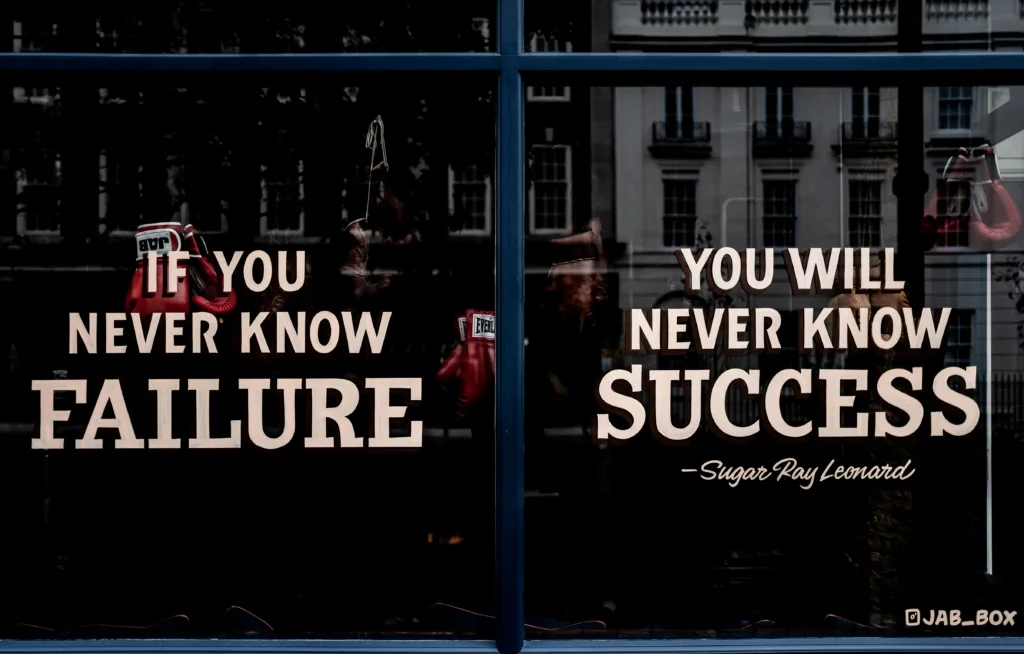
I’ve been reading the series of books by MJ DeMarco – The Millionaire Fastlane, Unscripted, and The Great Rat Race Escape – where he outlines detailed paths people can take to gain financial freedom in a short-ish amount of time.
One of the key tenets of the books is that in order to achieve financial freedom quickly you need to start a business that adheres to the CENTS framework: Control, Entry, Need, Time, and Scale.
I wanted to test whether running a Turo business made CENTS according to these criteria. Let’s find out.

The Commandment of Control states that no person or company should be able to dictate whether you get to stay in business or not. More plainly, “if one decision from one person or company can instantaneously destroy your business, you’re violating the Commandment of Control.”
Obviously, Turo fails this test immediately because as a host you’re completely at the mercy of Turo the corporate entity and all their rules and regulations. You could lessen this risk by diversifying the platforms where you list your cars, such as Getaround or Hyrecar. But ultimately your carsharing business still fails the test of control because one decision from any of these companies could ruin or limit your business.
The Commandment of Entry states that any business opportunity that has a low barrier to entry fails this commandment. The only potential businesses worth getting into are those with high barriers of entry. It should require a special skill or product to be successful, otherwise you’ll face too much competition from the masses who enter your arena.
Once again Turo fails the test of entry. Anyone with a car less than 12 years old with under 130k miles can become a host and therefore become your competitor. There is almost no barrier to entry.
The Commandment of Need states that your business should fulfill a need or a very strong want from potential consumers. Otherwise there’s no compelling reason to buy from you.
Turo passes this test as most humans eventually need to get someplace – work, school, doctor’s offices, etc. Providing transportation is definitely a needed service. The downside here is that there have never been more options for transportation – planes, trains, and automobiles, ferries, Uber/Lyft, old school cabs, bikes, scooters, and traditional car rental companies. Your Turo business can fulfill a need, but it faces a lot of competition.
The Commandment of Time states that your business should eventually be able to make money detached from your own time or labor. Your product or service should bring in money regardless of the number of hours you actually work within the business.
Another fail for Turo. Unless you’re able to grow your carsharing business to the point of hiring a staff to operate it, it will never be able to produce income detached from time and labor. Fulfilling bookings requires cleaning the car, taking pictures, delivering it to the pickup location, retrieving it for the return, and taking more pictures…at a minimum. Until AI robots are a thing, a human will have to perform those tasks every time, and until you have a team, that human will be you.
The Commandment of Scale states that your business should be able to replicate itself on a large scale. There should be a viable path to selling millions of dollars worth of products or services across a large area (ideally globally).
It’s definitely possible to grow your Turo business to hundreds or even thousands of cars across multiple regions. Acquiring a fleet that size would be extremely difficult for most people. You could always aim to grow within one local area, and still scale to a pretty large operation. Taking on a partner to finance the cost of more cars, or hosting cars for other people are also options to help scale. I’d say Turo passes this test, but barely.
So Turo only passes two of the five CENTS tests. I guess it’s a terrible business to get into, right? Not so fast. Turo may not be the ultimate end goal for aspiring entrepreneurs, but it’s a pretty good starting point. There are a lot of valuable skills to be learned from renting cars on Turo, like customer service, communication, time management, and money management. Plus it gives you the opportunity to build business credit and establish a track record as a business owner.
And while running a Turo business fails the Commandment of Control, it also offers the chance to have a fully built support system to help you get started. You can work with a Turo advisor to help you list your first car and get tips on optimizing your settings. You get Turo’s phone and chat support to help with any issues that come up with guests or your cars. You get a mobile app and website to facilitate your bookings and communication with guests. Lead generation, marketing, rental insurance, and claims are also taken care of for you. Starting a car rental business from scratch would mean having to build all of these functions yourself.
Turo’s low barrier to entry may be a negative for a long term business, but it allows you to get up and running very quickly. And once you master the basic skills to run a business, you’ll be better prepared for whatever endeavor you attempt next. So before you jump in the Millionaire Fastlane, start in the bike lane of businesses and master your Turo operation. You never know where it may lead.



